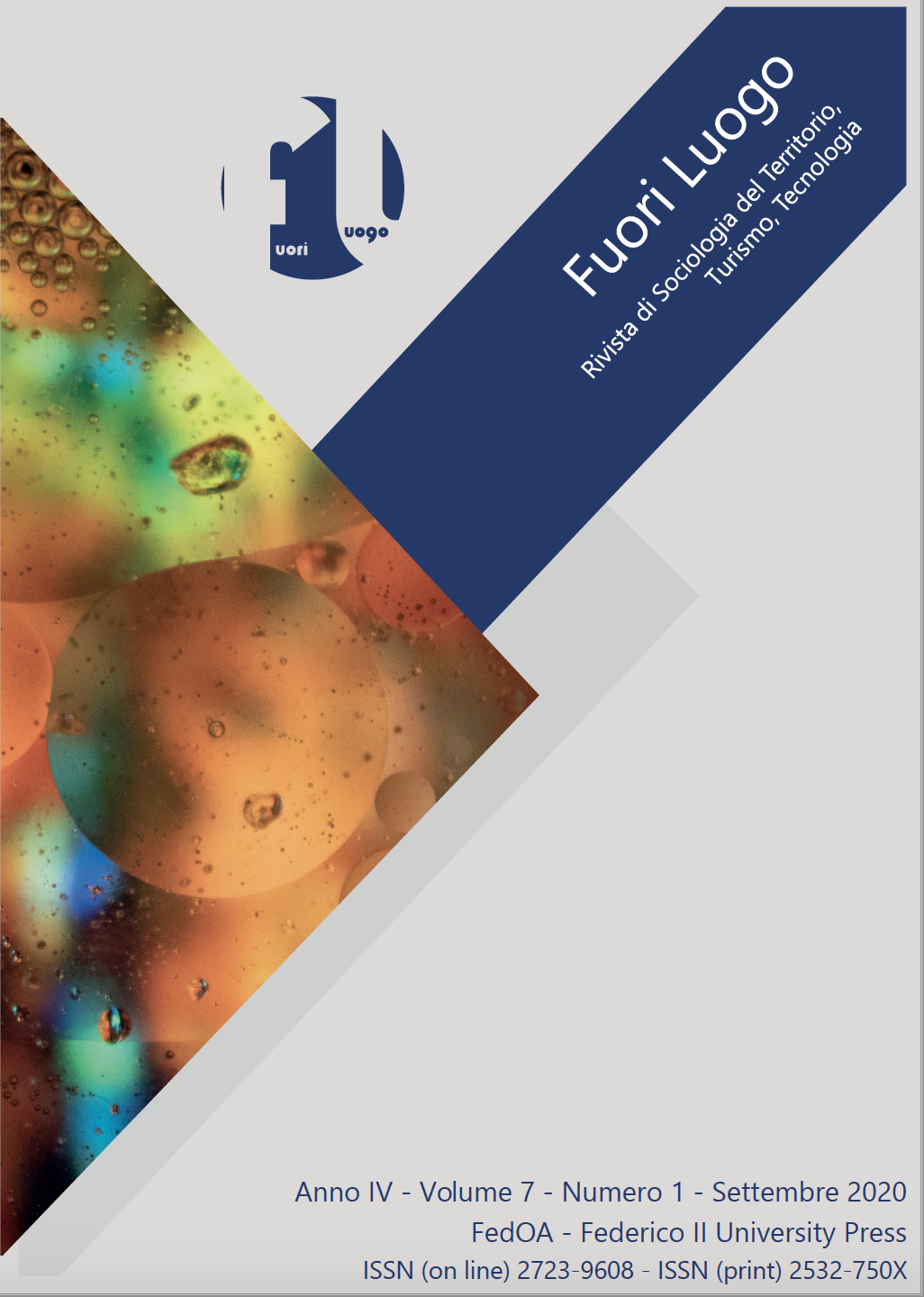Supporting Tourism: How Covid-19 will Affect Travel in the Future
Abstract
The new Coronavirus (COVID-19) is challenging the world. Without warning, without vaccine and without sufficient medical and health capacity to cope with the pandemic, non-pharmaceutical interventions, especially those of social distancing and quarantine, are the main strategy to contain the spread of the virus. Global mobility restrictions and the cancellation of all tourism-related activities are causing the most serious disruption of the global economy since World War II. The COVID19 pandemic has surprised the tourism industry, more than the terrorist attacks, earthquakes, tsunamis or social and financial disasters of the last decade have done in the last twenty years. With international travel bans affecting over 90% of the world's population and widespread restrictions on gregarious relationships, tourism has largely ceased since March 2020. To date, statistical data on the impacts of canceling hotel reservations, air travel, cruises and the food and wine chain are devastating. Although highly uncertain, the first projections from the World Tourism Organization for this year 2020 suggest that international arrivals could decrease by 20-35% compared to 2019. Particularly susceptible to measures to counter the Coronavirus pandemic due to reduced mobility and of social distancing, contemporary tourism is under the interpretative lens of sociology, especially in terms of the future. Forecast analysis scholars (Barlow et al., 2016) emphasize the role of "anthropogenic" disasters in the future of tourism, characterized by human interference with the natural environment, from deforestation to the conversion of the remaining natural habitat (Lade et al ., 2020). In particular, climate change also exacerbates the risk of outbreaks of pathogens, as climate change will lead to human migration and diasporas, for example due to events of advanced drought, floods, fires (VSF, 2018). This forecasting framework obliges us to rethink forms of spatial adaptation of tourist flows that concern not only mobility, but also the relationship between the tourist community and the host community. The COVID-19 pandemic is expected to lead to a critical reconsideration of the global volume growth pattern for tourism, for reasons related to the risks involved in global travel and the tourism industry's contribution to global pollution, climate change, and more in general, to the socio-cultural instability of certain geographical areas of the world. This abstract proposes a reflection on the theme of the future of tourism by comparing, through forecasting analysis, the impacts of COVID-19 with previous epidemics and other types of social disasters and illustrating how the pandemic will change global tourism. The focus of the paper will be on how and why it is necessary to question the tourism model of growth in the volume of flows supported by UNWTO, ICAO, CLIA, WTTC and other world tourism organizations, limiting the tourist carrying capacity of the territories and providing tourism "on demand".




